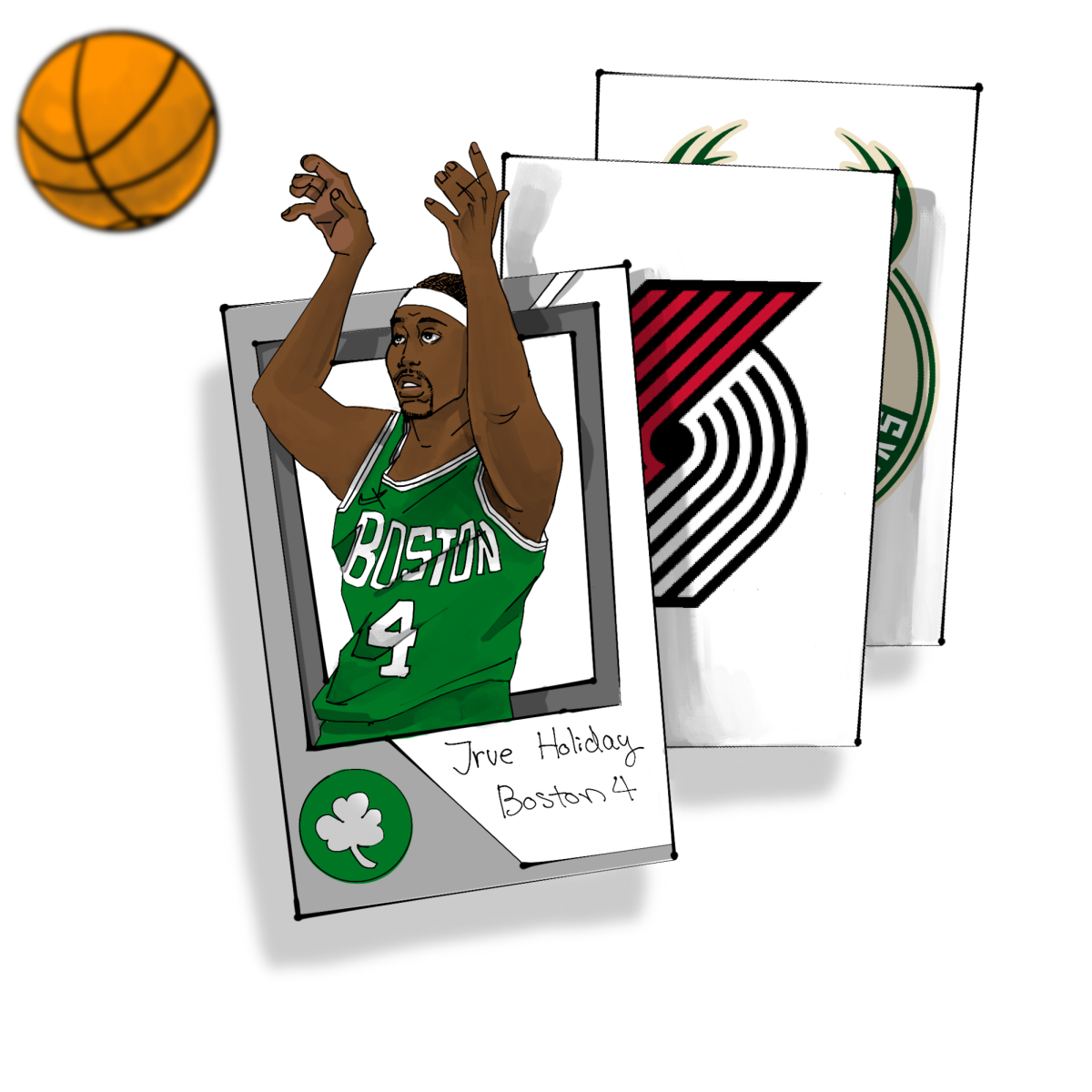
The class of 2027 is already making history as Whitman’s most-ever diverse class. I was so excited to be a part of this memorable class, but I quickly recognized that most people on campus don’t look like me, talk like me or even act like me. As classes began, I noticed that I was the only Black girl present in the majority of my classes. It’s been difficult to learn in an environment that isn’t really made for you. As a Black woman at Whitman, I have quickly learned that racism here isn’t the blunt bigotry we see on the news: it’s microaggressions. It’s the use of African American Vernacular English (AAVE) at parties or ignoring overhearing non-Black people say the n-word when rap songs are played.
Most of the time racism goes undetected at Whitman. An example of this is when a friend and I noticed that we’ve been struggling to socialize with our white peers on campus. People have told us that we look “intimidating.” When Black and brown girls are confident and well articulated women, that’s when white people deem us as intimidating.
The conversations our white peers have about us being intimidating is perpetuated by microaggressions. In an interview for NPR, Professor of Psychology at CUNY Kevin Nadal explains that microaggressions are “everyday, subtle, intentional — and oftentimes unintentional — interactions or behaviors that communicate some sort of bias toward historically marginalized groups.”
On campus, the microaggressions many students contribute to are making comments about the music that Black people listen to. Microaggressions are a way for people to be racist without dealing with the repercussions of their ignorance. These experiences are almost constant on campus.
Many people are uneducated about how impactful enduring microaggressions or racism can be. When you make comments about someone’s hair or refer to Black women as intimidating, these comments can be not only harmful but detrimental to one’s mental health. Black students only make up 2.2% of our campus, so many Black students feel ostracized, and microaggressions only contribute to their feelings of isolation. Microaggressions are even embedded in the way Black women get hit on: instead of being called pretty or beautiful, we’re referred to as baddies. The depth of comments like these emphasizes the fetishization Black women on campus face. You’d think that this is a compliment but in reality it isn’t. Being subjected to how curvy your body is and the way you act isn’t the best way to flirt.
When someone ‘does’ a microaggression, they are being racist, and should not only be educated, but also made aware of the root of their biases. It isn’t Black people’s job to educate you on the topic of microaggressions or racism. These are topics you should be educated on, especially if you’re the kind of individual who participates in class discussions or even political conversations.
For Black students on campus, one way to combat feeling lonely and outcast is to find Black spaces. Whitman’s Black Student Union is one such group that provides a safe environment for Black students to interact with one another and safely exist. Spaces like these are necessary amidst a deluge of microaggressions. Having a sense of community where you belong, where you’ll receive support and resources, and even an outlet to express yourself is a necessity to have when attending a predominantly white school.
Even while writing this piece I kept in mind The Wire’s predominantly white audience. I wanted to address microaggressions on our school’s campus, but I didn’t want to be labeled as an angry Black woman for voicing my concerns. But then I noticed that I was watering down my personality because I don’t want to come off as aggressive or intimidating for the comfort of white people. I came to the realization that I must refuse to assimilate or fit the mold of this racist environment. If people perceive me as a loud, aggressive person, so be it. I don’t need my white peers to try to regulate who I am. It’s 2023; why am I using my personal experiences of dealing with microaggressions to educate you? The internet has so many resources that you can utilize to educate not only yourself but also your friends. But most importantly, don’t be afraid to interfere in conversations where microaggressions are being used, even if it’ll get you labeled as angry.













